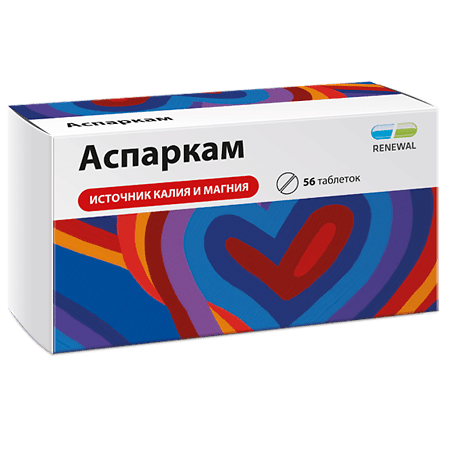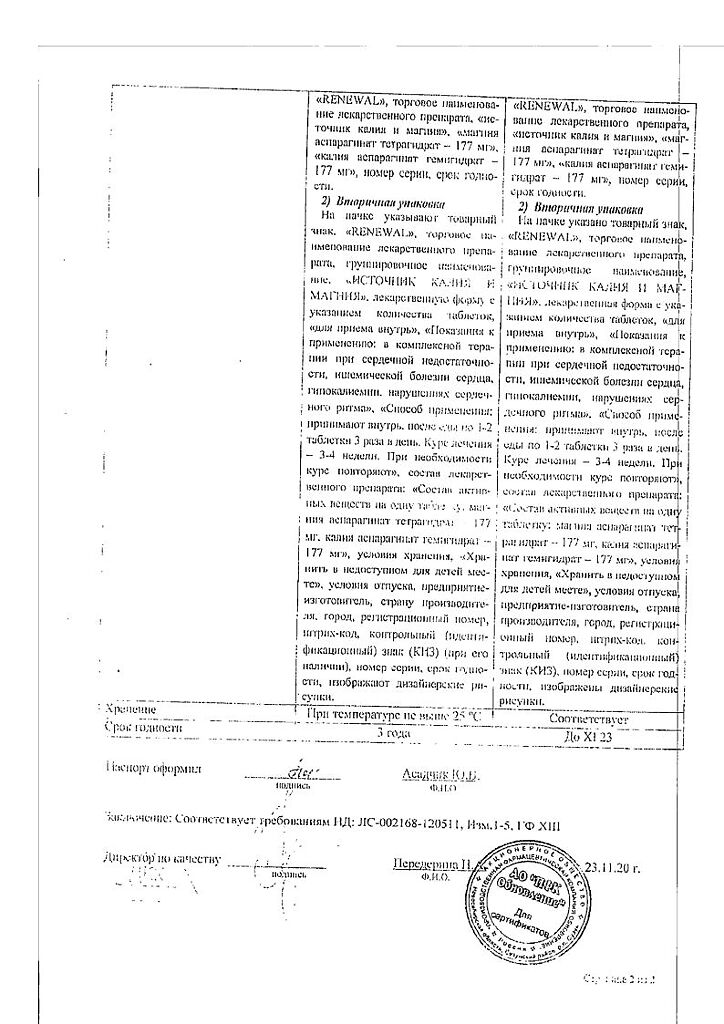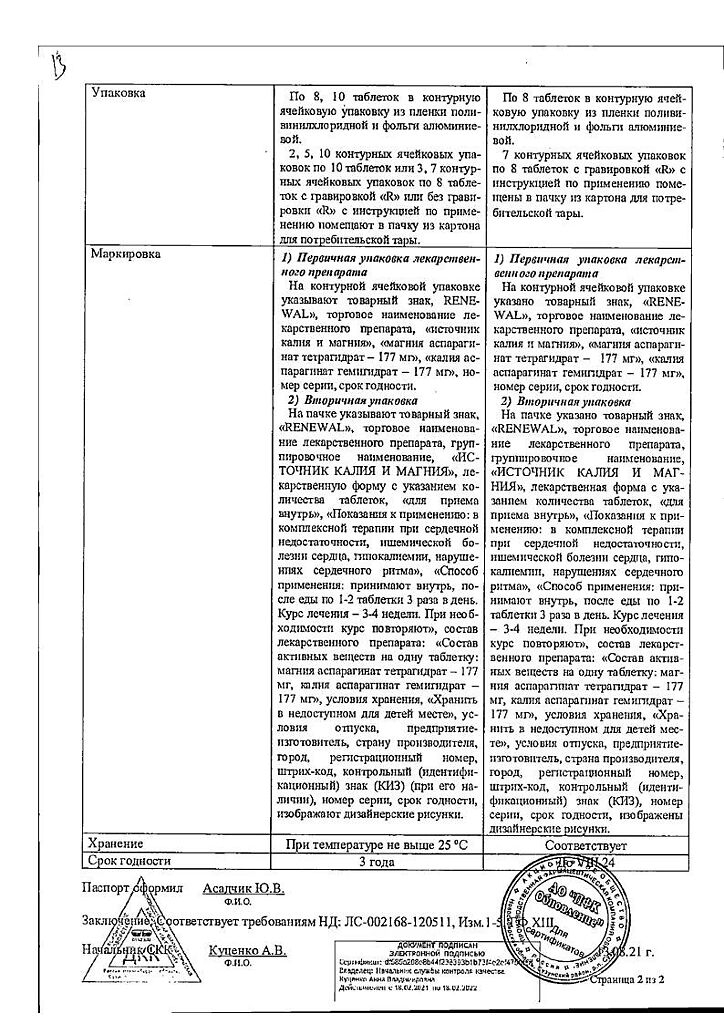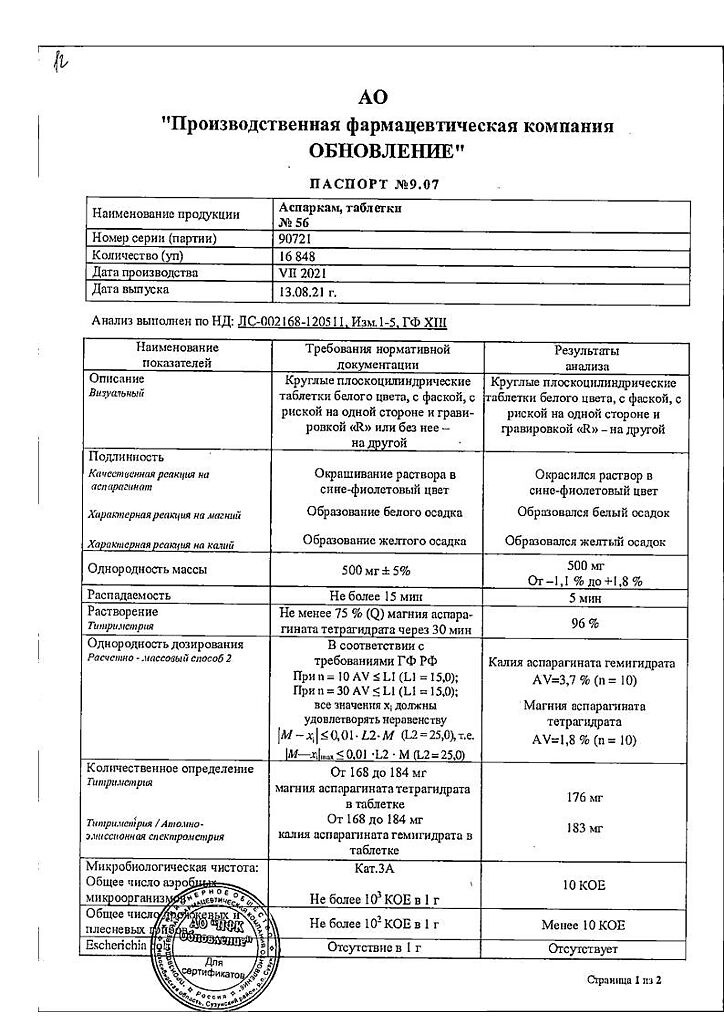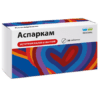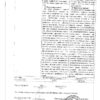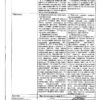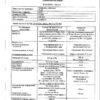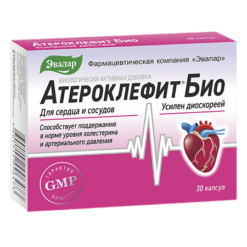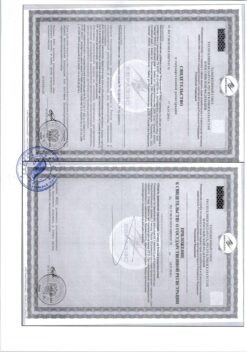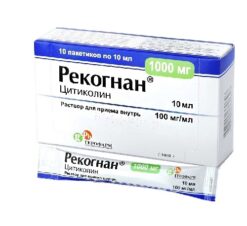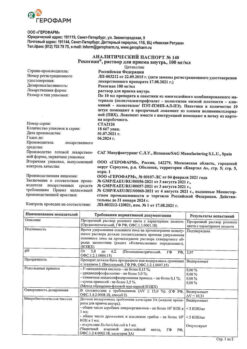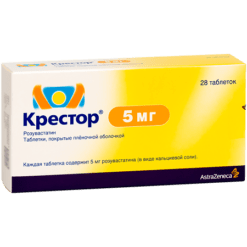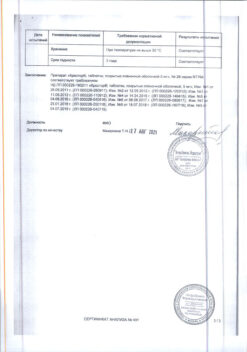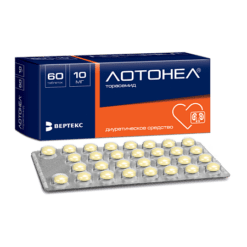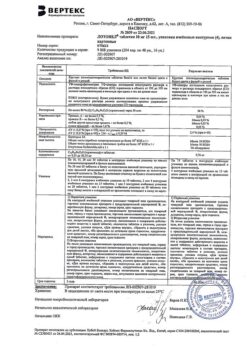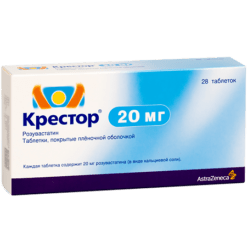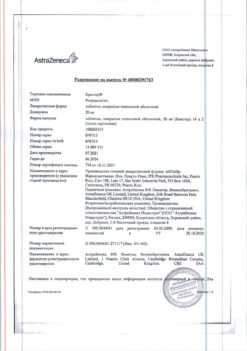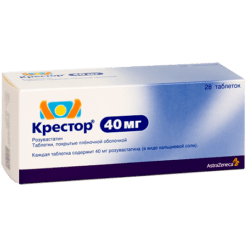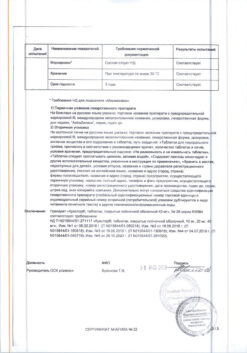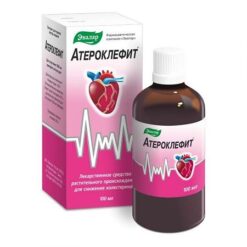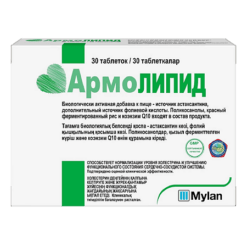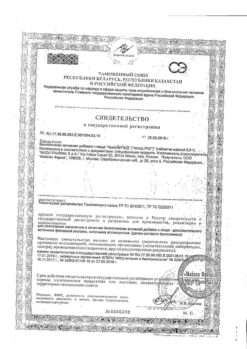No products in the cart.
Asparkam, tablets 56 pcs
€4.03 €3.58
Out of stock
(E-mail when Stock is available)
Description
Asparkam is a source of potassium and magnesium ions, regulates metabolic processes, promotes restoration of electrolyte balance, has antiarrhythmic effect.
Potassium ion is involved both in conducting impulses along the nerve fibers and in synaptic transmission, muscle contractions, maintaining normal cardiac activity. Disruption of potassium ion metabolism leads to changes in nerve and muscle excitability.
The active ion transport maintains a high gradient of potassium ions across the plasma membrane. In low doses potassium ion dilates coronary arteries, in high doses it narrows. It has negative chrono- and batmotropic effects, in high doses – negative chrono- and dro-motropic, as well as moderate diuretic effect.
Magnesium ion is a cofactor of 300 enzymatic reactions. It is an irreplaceable element in the processes of energy supply and expenditure. It participates in the balance of electrolytes, ion transport, membrane permeability and neuromuscular excitability.
Involves in the structure (pentosephosphate) of deoxyribonucleic acid. It participates in the synthesis of ribonucleic acid, heredity apparatus, cell growth, in the process of cell division. Limits and prevents excessive release of catecholamine during stress, possible lipolysis and release of free fatty acids. Is a “physiological” slow calcium channel blocker. It promotes penetration of potassium ion into cells.
Asparaginate promotes penetration of potassium and magnesium ion into the intracellular space and stimulates intercellular synthesis of phosphate.
Pharmacokinetics
It is easily absorbed when taken orally and excreted relatively quickly in the urine.
Indications
Indications
Active ingredient
Active ingredient
Composition
Composition
How to take, the dosage
How to take, the dosage
Asparkam is taken orally after meals, 1-2 tablets 3 times a day. The course of treatment is 3-4 weeks. The course is repeated if necessary.
.
Interaction
Interaction
Pharmacodynamic: co-administration with potassium-saving diuretics (triamterene, spironolactone), beta-adrenoblockers, cyclosporine, heparin, angiotensin-converting enzyme inhibitors, nonsteroidal anti-inflammatory drugs increases the risk of hyperkalemia up to arrhythmia and asystole. The use of potassium preparations together with glucocorticosteroids eliminates hypokalemia caused by the latter.
The undesirable effects of cardiac glycosides are reduced due to the content of potassium ions.
The content of magnesium ions reduces the effect of neomycin, polymyxin B, tetracycline and streptomycin.
In concomitant use the drug may increase neuromuscular blockade caused by depolarizing myorelaxants (atracurium besylate, decamethonium bromide, suxamethonium (chloride, bromide, iodide).
Calcitriol increases plasma levels of magnesium ions; calcium preparations reduce the effect of magnesium preparations.
Pharmacokinetic: astringents and coagulants decrease absorption of the drug in the gastrointestinal tract.
Special Instructions
Special Instructions
In case of cardiac rhythm disturbances in combination with atrial-ventricular blockade, it is not recommended to use Asparkam.
Information on possible effect of the medicinal product for medical use on the ability to drive vehicles, machines
No information available.
Contraindications
Contraindications
With caution is prescribed during pregnancy and during breast-feeding, lactation.
Side effects
Side effects
Overdose
Overdose
Symptoms: conduction abnormalities (especially with previous pathology of the cardiac conduction system).
Treatment: intravenous calcium chloride administration; if necessary – hemodialysis and peritoneal dialysis.
Pregnancy use
Pregnancy use
Similarities
Similarities
Additional information
| Shelf life | 3 years. |
|---|---|
| Conditions of storage | At a temperature not exceeding 25 ° C. Keep out of reach of children. |
| Manufacturer | Update PFC AO, Russia |
| Medication form | pills |
| Brand | Update PFC AO |
Related products
Buy Asparkam, tablets 56 pcs with delivery to USA, UK, Europe and over 120 other countries.

